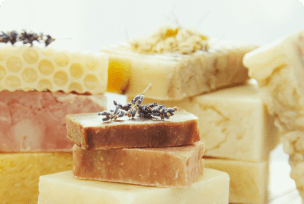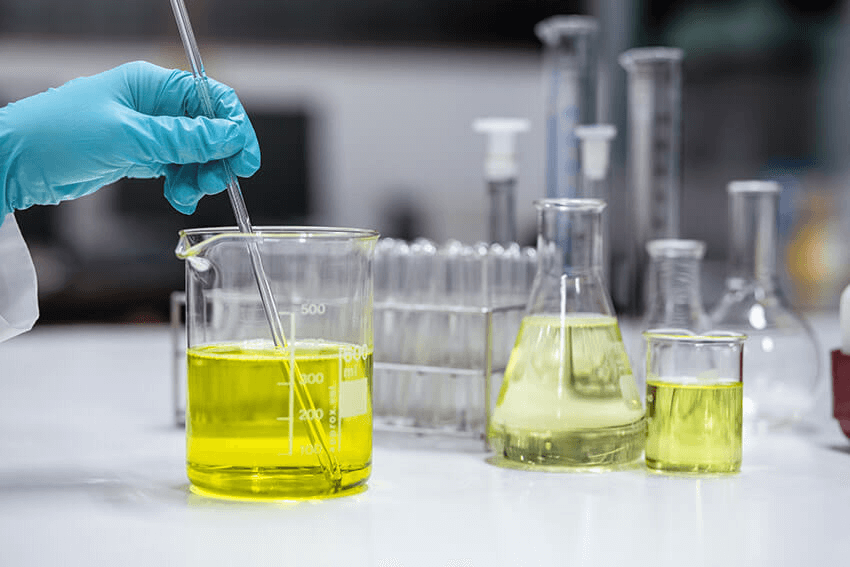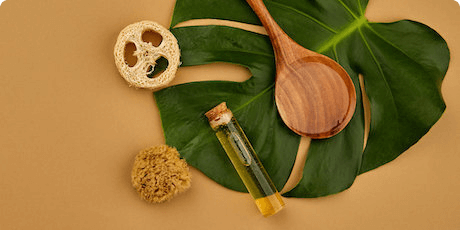The consumer goods market is becoming increasingly complicated, particularly when it comes to personal care, beauty, and skincare products.
Multi-channel sales and the enormous impact of social media, brand ambassadors, and influencers have resulted in a barrage of product types and value propositions that can make even the most die-hard trend forecaster’s head spin.
To stay relevant, brands are constantly reevaluating their SKUs, developing, and formulating new product lines, or reformulating existing ones. This is certainly true for the vegan beauty and personal care industry as more companies compete for elbow room. But why is this market so hotly contested and what is driving the growth?
A mixed bag
Demand for vegan products is at an all-time high. The current market size is estimated at $2.84bn and is expected to reach $3.95bn by 2029 at a CAGR of 6.83% during the forecast period (2024-2029).1
One of the biggest reasons for growth is that consumers are becoming more ethically inclined, particularly around animal welfare and testing – even if not all users of vegan beauty items live a fully vegan lifestyle.
Research conducted in 2019 by Cosmetify found that as many as 39% of shoppers who exclusively buy vegan beauty products are not vegan, although 90% of British women who check beauty product labels believe that vegan products are intrinsically better for the environment.2
The survey further indicates that for two-thirds of women, clean beauty shopping habits are non-negotiable, and half are happy to pay more for cleaner ingredients or products that follow an ethical or conscious beauty ethos, while 29% cite lifestyle choices including veganism or vegetarianism as a reason to engage with vegan brands.
In addition to a purely vegan positioning, there are other trends shaping this market: 68% of consumers select organic and 61% choose natural products, as opposed to the 49% who purchase vegan products.3
When it comes to vegan beauty, market growth is driven by a combination of factors, including animal health, but critically the belief that vegan skincare products are made of natural ingredients, are devoid of chemicals, have no side effects, and are safer to use. 4
Unintentional greenwashing
Greenwashing is rife in the vegan industry, and for consumers who are not die-hard vegans themselves, it can be easy to overlook some inconsistencies in the supply chain.
A vegan brand must therefore meet all criteria to avoid consumer confusion, particularly with the high number of counterfeit products available, as these can hamper the growth of genuine vegan cosmetic brands. It is also important to remember that currently the term ‘vegan’ only refers to a product’s ingredients, not the testing process. When products are not tested on animals, they can be labelled cruelty-free and, although exceedingly rare, a product can be vegan, but not cruelty-free.5
Unpacking vegan label claims
In terms of cost, non-vegan ingredients and packaging solutions are often more cost-effective and easier to source than plant-based options, and it can be difficult to validate provenance and authenticity – making it critical to partner with a supplier you can trust.
A vegan product is always completely free of animal-based ingredients or raw materials, including beeswax, honey, lanolin, carmine, shellac, keratin, marine squalene, or hydrolysed silk, and is labelled cruelty-free. Brands and suppliers should have full oversight of a product's supply chain – from where raw materials are sourced to the final packaging stage including adhesives and packaging materials used.
While consumers often associate vegan products with clean, green, or all-natural ingredients, this is not always the case. Some vegan brands add synthetic chemicals to their products to improve efficacy and lower costs. Ideally, a vegan product should state that it is certified organic vegan, cruelty-free, halal, and 100% non-toxic.6
For a vegan brand, mislabelling or misrepresentation can be a serious challenge, leading to brand mistrust and loss of reputation.
Stephenson – the certified vegan choice
At Stephenson, our vegan soap bars and syndets conform to Regulation EC, 1223/2009, which is the main regulatory framework for cosmetic products when placed on the EU market and is cruelty-free – offering your brand complete peace of mind.
Our comprehensive range of products offers the perfect blank canvas to create signature vegan products by simply adding your chosen vegan and plant-based natural fragrances, botanical actives, and essential oils to boost functionality in different applications.
For more information on our full range of vegan products, click here or contact us to speak to one of our team members for formulation and labelling advice, whether you are a heritage brand, a smaller Indie, a niche manufacturer, or a distributor.






























